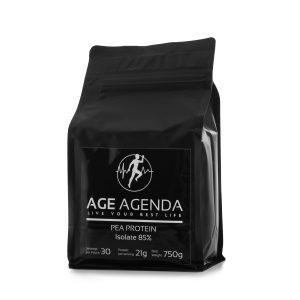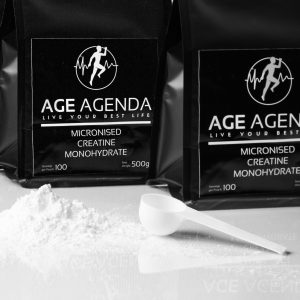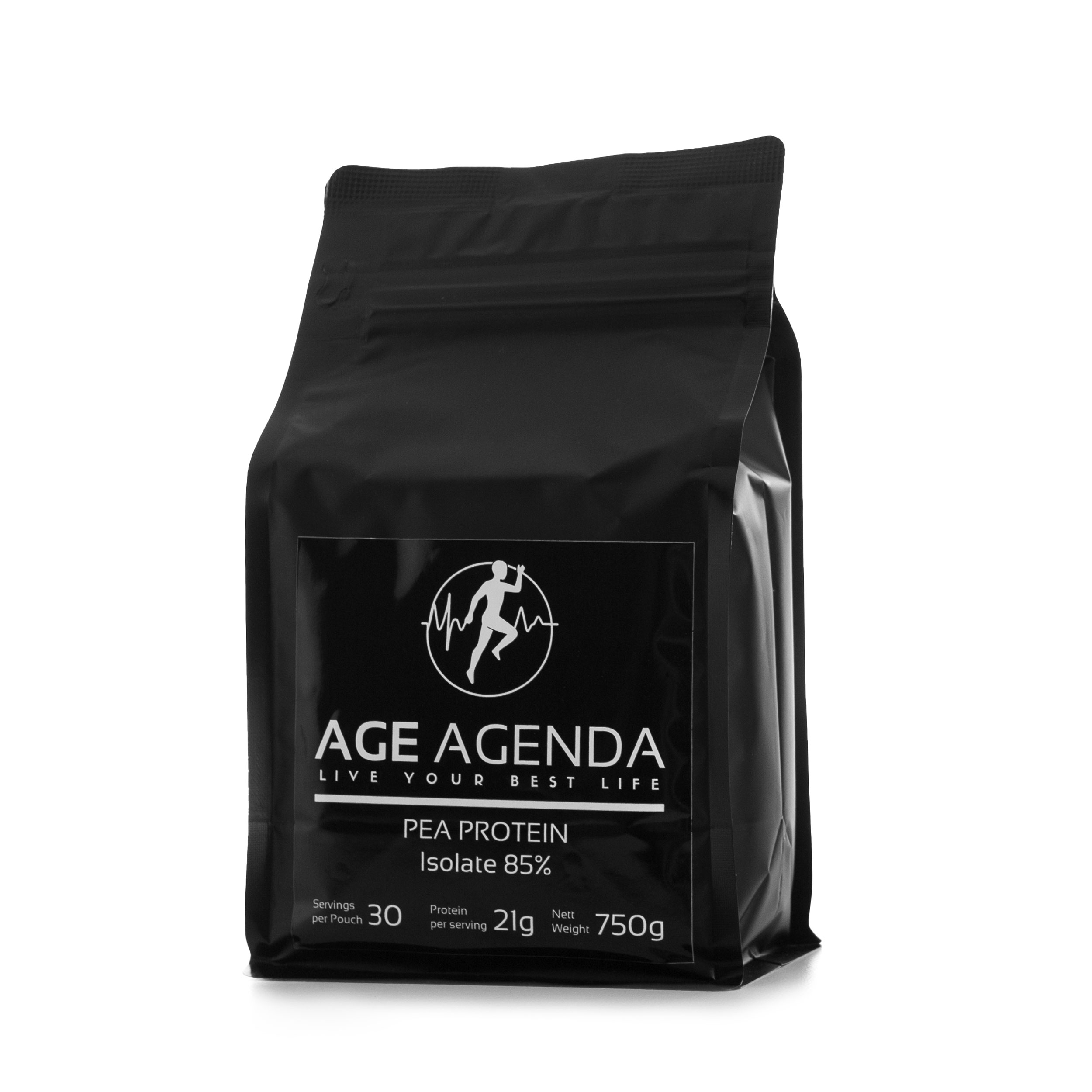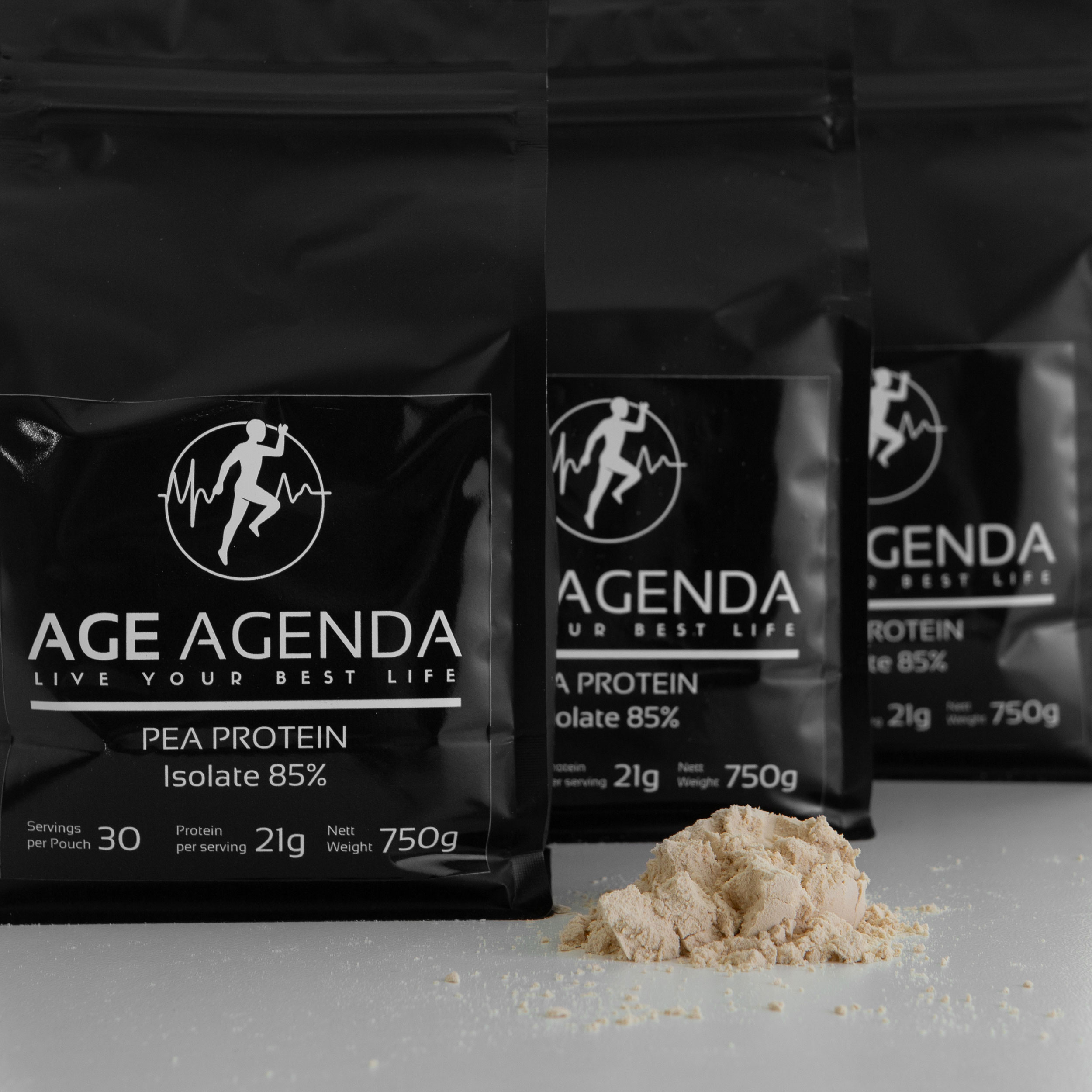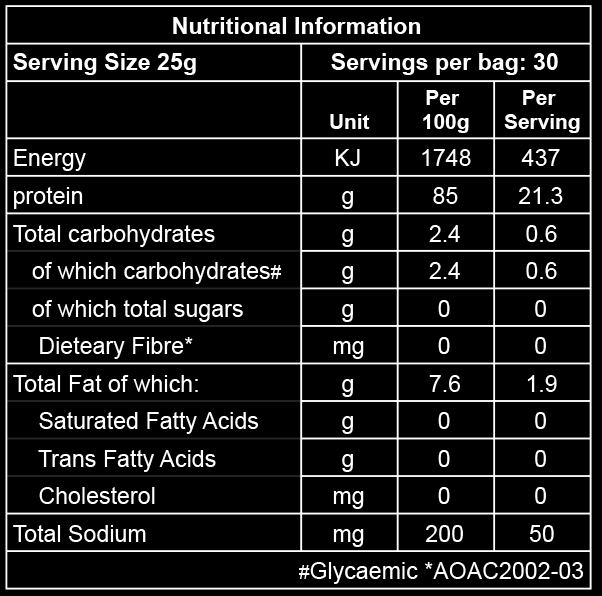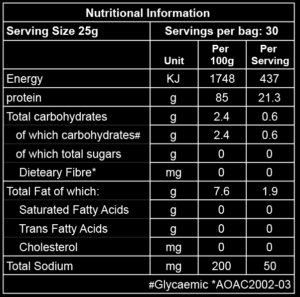Description
As the body ages, nutritional requirements evolve, making it essential to prioritize diets rich in protein, vitamins, and minerals. In this quest for optimal health and vitality, pea protein has emerged as a powerful and versatile supplement, particularly beneficial for older adults. Derived from yellow split peas, pea protein is a plant-based gem that offers numerous health advantages without the common allergens found in dairy or soy-based proteins. Below, we explore the myriad benefits of incorporating pea protein into the diets of aging individuals.
Promotes Muscle Maintenance and Growth
Muscle mass naturally declines with age in a phenomenon known as sarcopenia, which can affect mobility, balance, and overall strength. Pea protein is rich in essential amino acids, including branched-chain amino acids (BCAAs) like leucine, which play a critical role in muscle synthesis. Supplementing with pea protein can help older adults combat muscle loss, maintain strength, and improve overall physical performance.
Supports Bone Health
Bone density decreases with age, increasing the risk of conditions like osteoporosis. Pea protein contains beneficial nutrients such as lysine, an amino acid vital for calcium absorption and collagen formation. These properties make it an excellent addition to a diet aimed at supporting skeletal strength and reducing bone fragility.
Improves Digestive Health
As the digestive system becomes more sensitive with age, finding easily digestible proteins is crucial. Pea protein is highly digestible and hypoallergenic, making it suitable for individuals with food sensitivities or intolerances. It also contains dietary fiber, which supports gut health by promoting regular bowel movements and fostering a healthy microbiome.
Helps Manage Weight
Maintaining a healthy weight becomes more challenging with age due to a slower metabolism and reduced physical activity. Pea protein’s high satiety factor helps curb hunger and prevents overeating, making it a valuable component in weight management. Its low carbohydrate and fat content add to its appeal for those aiming to maintain a balanced diet.
Regulates Blood Pressure
Hypertension is a common concern among older adults. Studies have shown that pea protein contains bioactive peptides that may help lower blood pressure. These peptides function by inhibiting enzymes responsible for vasoconstriction, thereby promoting healthier blood flow and cardiovascular health.
Boosts Kidney Function
For aging individuals with kidney concerns, pea protein provides a more kidney-friendly option when compared to animal-based proteins. It offers high-quality protein without overburdening the kidneys, making it ideal for those seeking to preserve renal health.
Rich in Iron for Energy and Vitality
Iron deficiency can lead to anemia, which is particularly prevalent in older adults. Pea protein is a plant-based source of iron, contributing to improved oxygen transport and energy production. Its bioavailable form ensures efficient absorption, aiding in the prevention of fatigue and weakness.
Environmentally Friendly and Sustainable
In addition to its health benefits, pea protein is an eco-conscious choice. Compared to animal-based protein sources, its production results in lower greenhouse gas emissions and requires fewer resources, aligning with the environmentally mindful values embraced by many in older generations.
Easy to Incorporate into Diets
Pea protein is versatile and can be added to various meals and beverages. From smoothies and soups to baking recipes and energy bars, this supplement adapts effortlessly to different culinary creations. Its mild flavor and smooth texture make it a convenient and enjoyable option for daily use.
Pea protein stands out as a powerhouse of nutrition, offering a multitude of benefits tailored to the needs of older adults. Its ability to support muscle growth, strengthen bones, enhance digestive health, and regulate blood pressure makes it an invaluable addition to a balanced diet. Furthermore, its hypoallergenic nature, high iron content, and sustainable production ensure it meets both health and ethical standards. Supplementing with pea protein is not merely a dietary enhancement but a proactive step toward preserving vitality, independence, and overall well-being in the golden years.
For aging individuals seeking a natural, effective, and versatile way to improve their health, pea protein proves to be a remarkable ally. By incorporating it into daily nutrition, older adults can thrive and enjoy an enriched quality of life.


